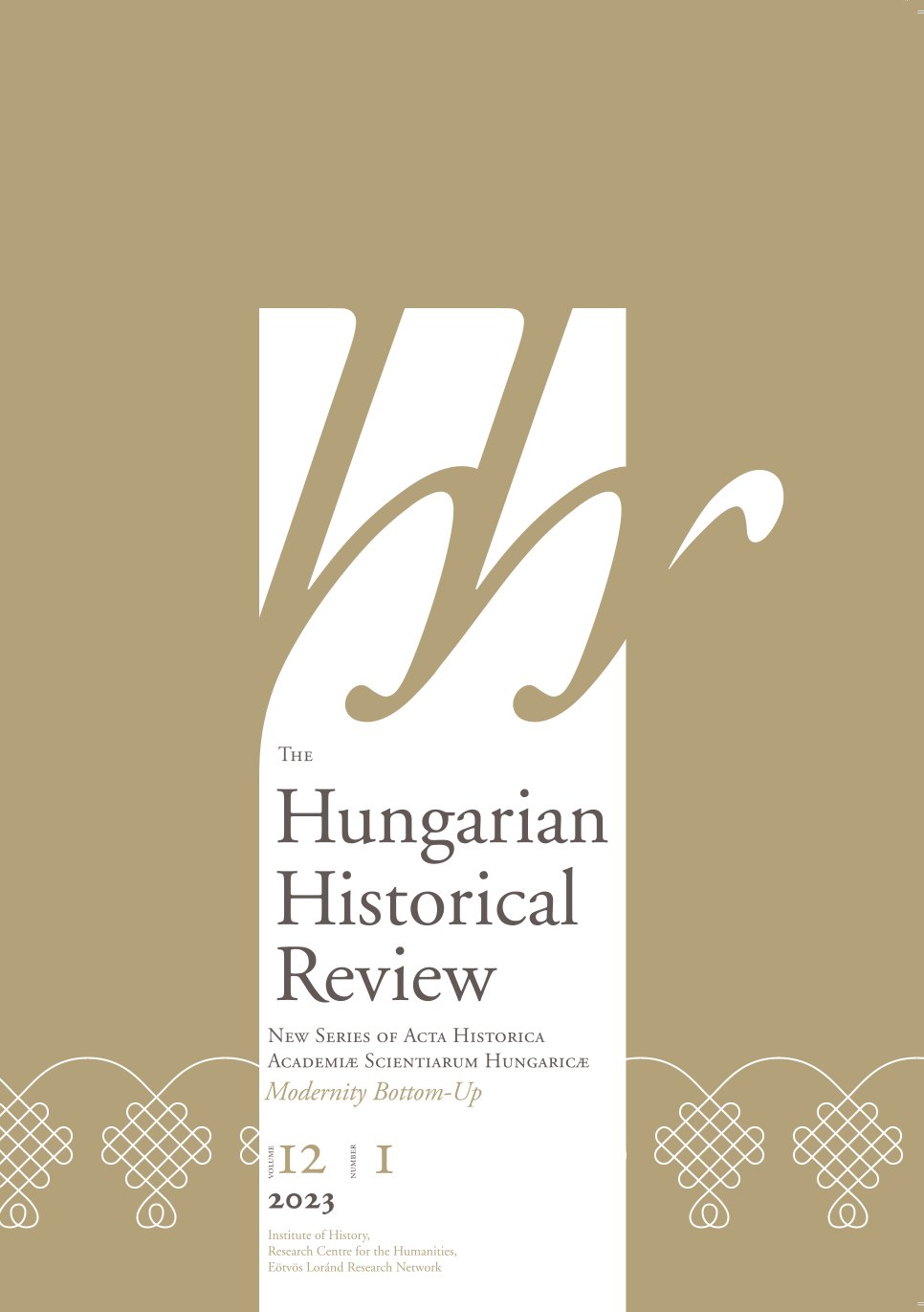How to Study Early Popular Engagement with Nationalism: Sources, Strategies, Research Traditions
How to Study Early Popular Engagement with Nationalism: Sources, Strategies, Research Traditions
Author(s): Ágoston BereczSubject(s): 19th Century, Period(s) of Nation Building
Published by: Magyar Tudományos Akadémia Bölcsészettudományi Kutatóközpont Történettudományi Intézet
Keywords: bottom-up history; Central and Eastern Europe; egodocuments; long nineteenth century; popular nationalism
Summary/Abstract: The article combines methodological considerations with an overview of the literature on early popular nationalism, in which studies on Central and Eastern Europe occupy pride of place. Within these thematic confines, my aim is to give a broad sense of the methodological challenges of writing history from below. After a brief sketch of the problem area, I pass to the question of demarcating and contextualizing modern nationalism and discuss a few conventionally used indicators of national allegiances (tax discipline, draft evasion, turnout at national festivals, abidance by linguistic standards). Subsequently, the major part of the paper is organized according to the source types that historians have utilized to explore the relationship of the lower classes to the national paradigm: archival sources, folklore and ethnographic material, various kinds of egodocuments, press reportage, readers’ columns, and non-narrative sources. I address the interpretive issues that each source type raises, citing abundant examples from the literature, including my own research.
Journal: The Hungarian historical review : new series of Acta Historica Academiae Scientiarum Hungaricae
- Issue Year: 12/2023
- Issue No: 1
- Page Range: 3-36
- Page Count: 34
- Language: English

